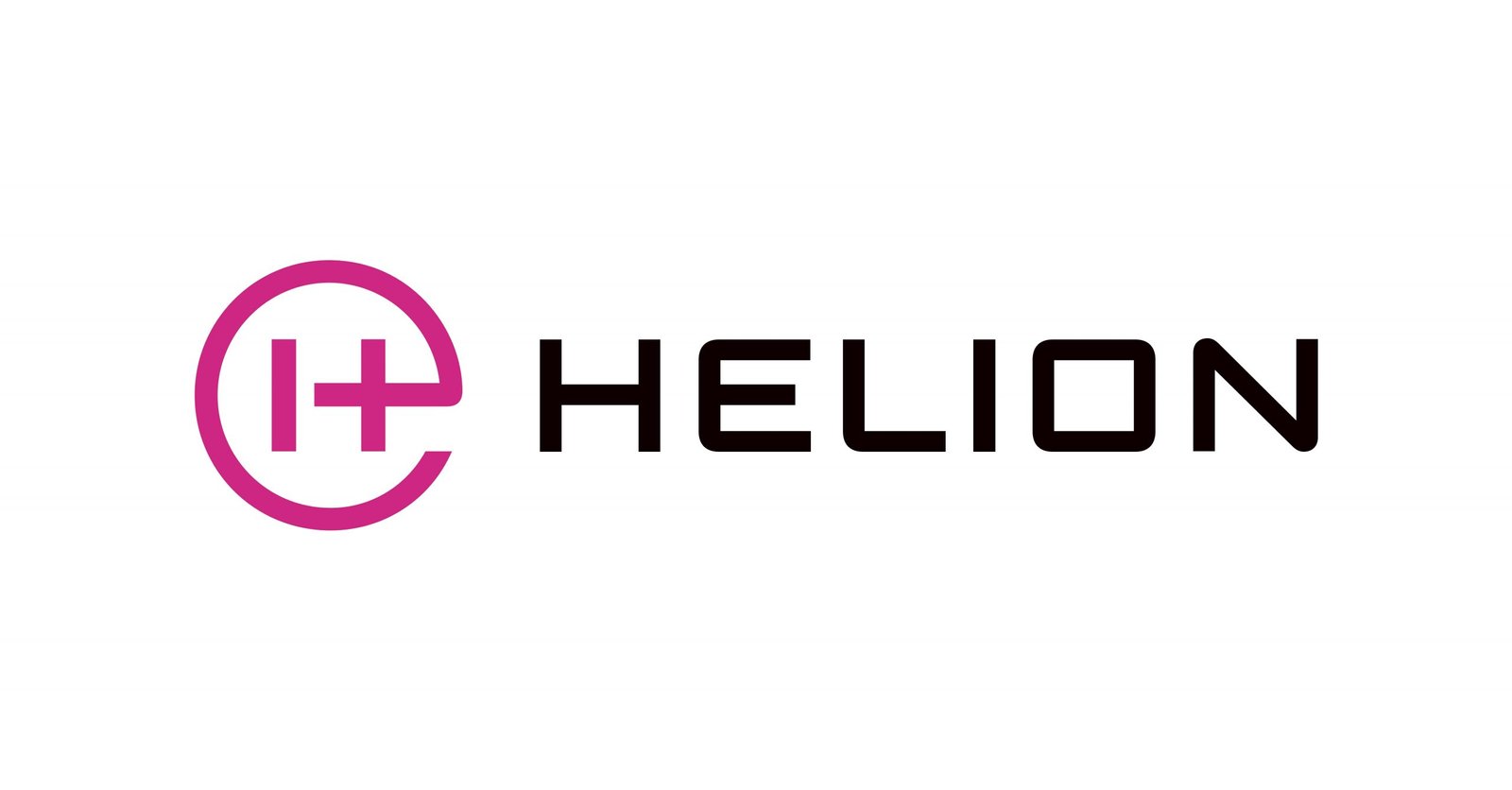AI cloning is rapidly emerging as a transformative technology, offering businesses unprecedented opportunities to replicate human appearance, cognitive functions, and workflows. However, this advancement also introduces significant ethical and societal challenges that demand careful consideration.
AI cloning takes various forms. Digital clones of real people create lifelike avatars mirroring an individual’s appearance and voice, with applications ranging from customer service bots like Samsung Neon to entertainment spectacles like the Tupac Shakur hologram. For businesses, this opens doors for personalized marketing and 24/7 virtual tours. Fictional virtual influencers, like Hatsune Miku or Lil Miquela, are computer-generated personalities used for brand promotion and social engagement.
Beyond visual replication, hybrid clones blend natural and fictional elements, as seen with AI assistant Suki aiding doctors or VocaliD creating custom digital voices. This offers entrepreneurs innovative ways to provide specialized services, like a hybrid chef/nutritionist offering personalized meal plans. Furthermore, cloned workflows and processes focus on replicating human tasks, improving efficiency in areas from automated accounting with RPA tools to AI-driven product recommendations on e-commerce sites. The most advanced form, cognitive cloning, aims to mimic human problem-solving and decision-making, with potential applications in financial advice or personalized education.
Despite the vast business potential, AI cloning raises critical societal concerns. Identity and image rights are paramount, necessitating legal permissions for likeness use. Ethical concerns arise from the potential for deception if clones become indistinguishable from humans. Governments are likely to introduce regulations to address these issues. Other key considerations include employee rights regarding digital clones, privacy concerns with data handling, and determining accountability and liability when AI clones make mistakes.
Ultimately, AI cloning is a powerful, dual-natured technology. While it promises innovation and efficiency, it also carries substantial risks. Entrepreneurs and business leaders have a responsibility to implement ethical guidelines, ensure transparency, and advocate for responsible use to harness its benefits while mitigating its inherent dangers for both their enterprises and society.















